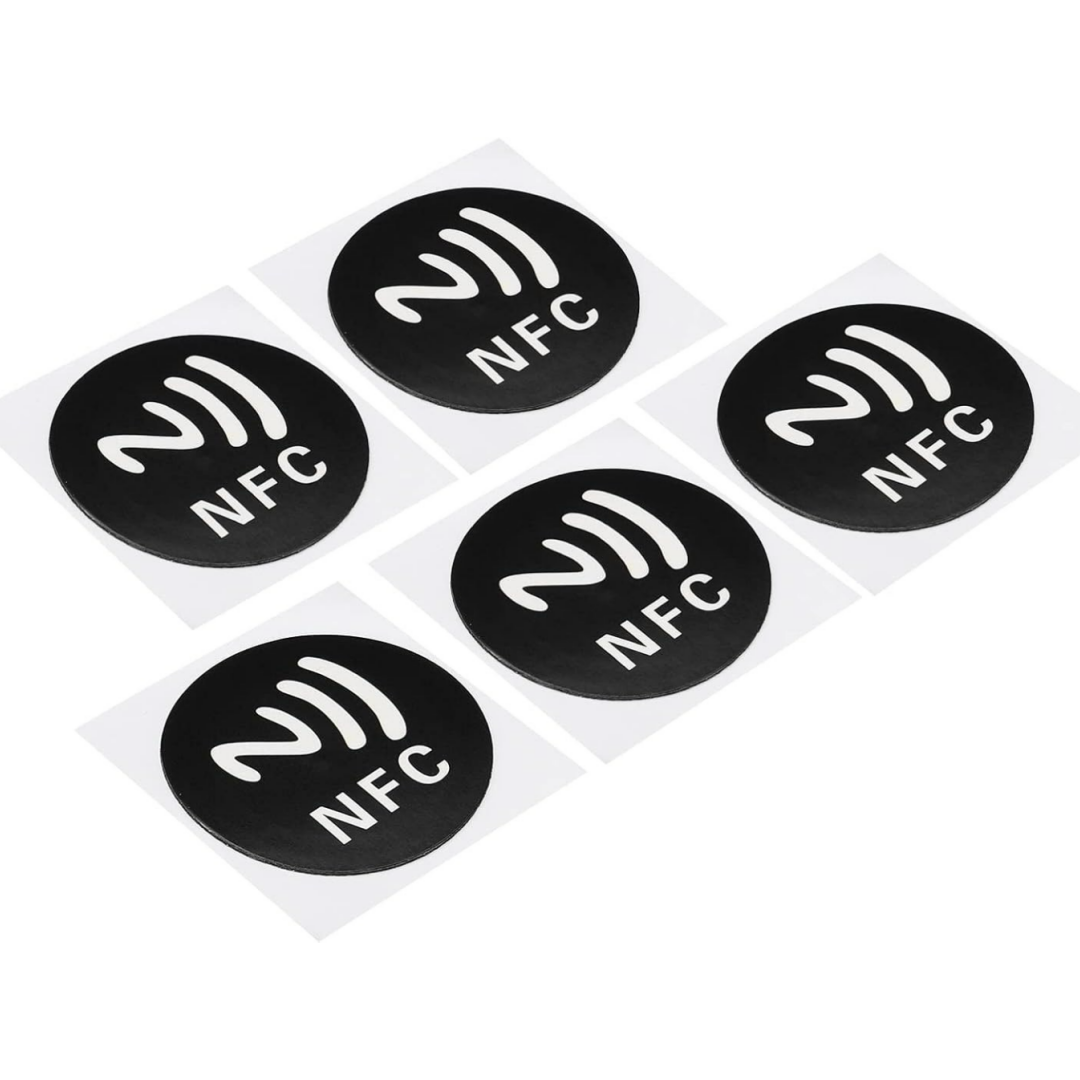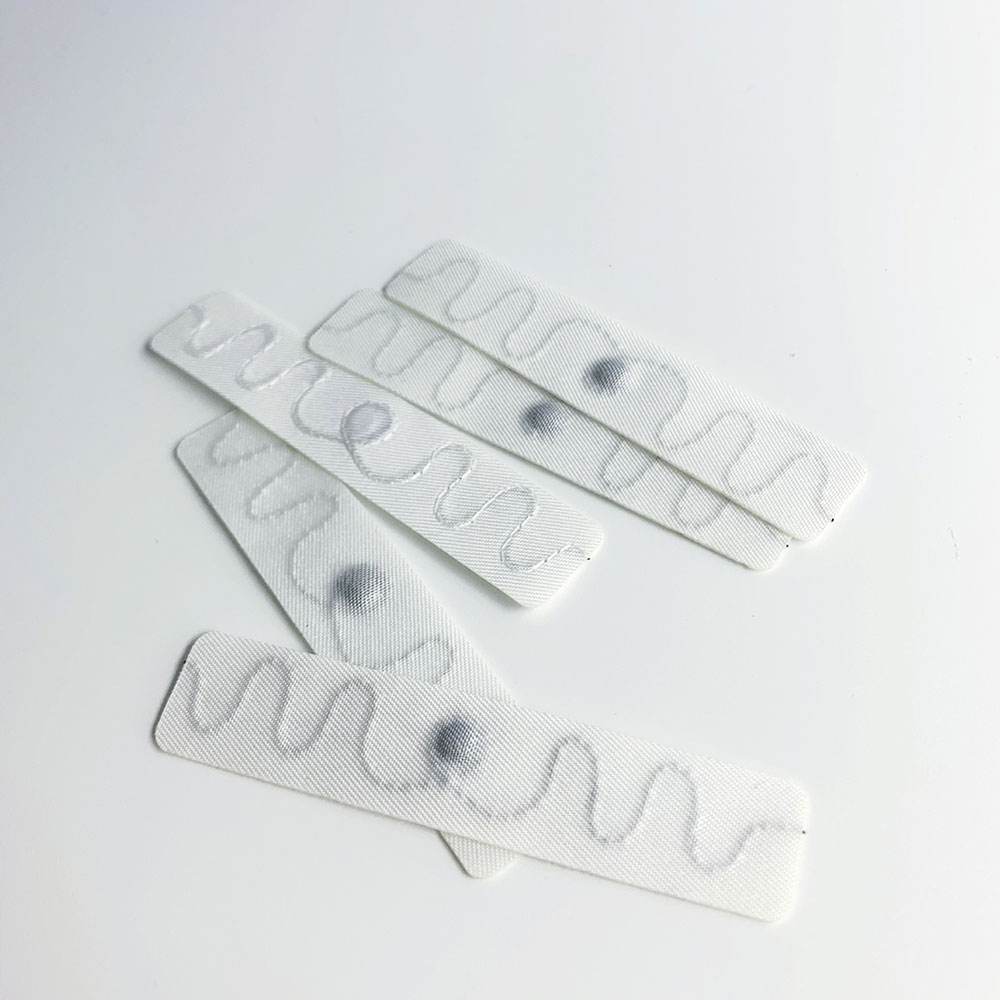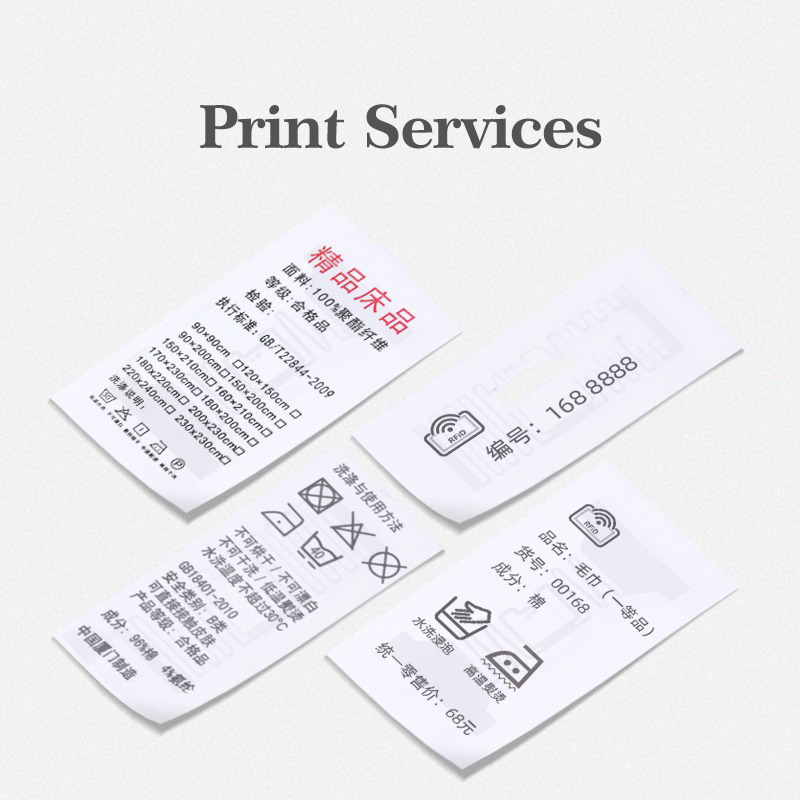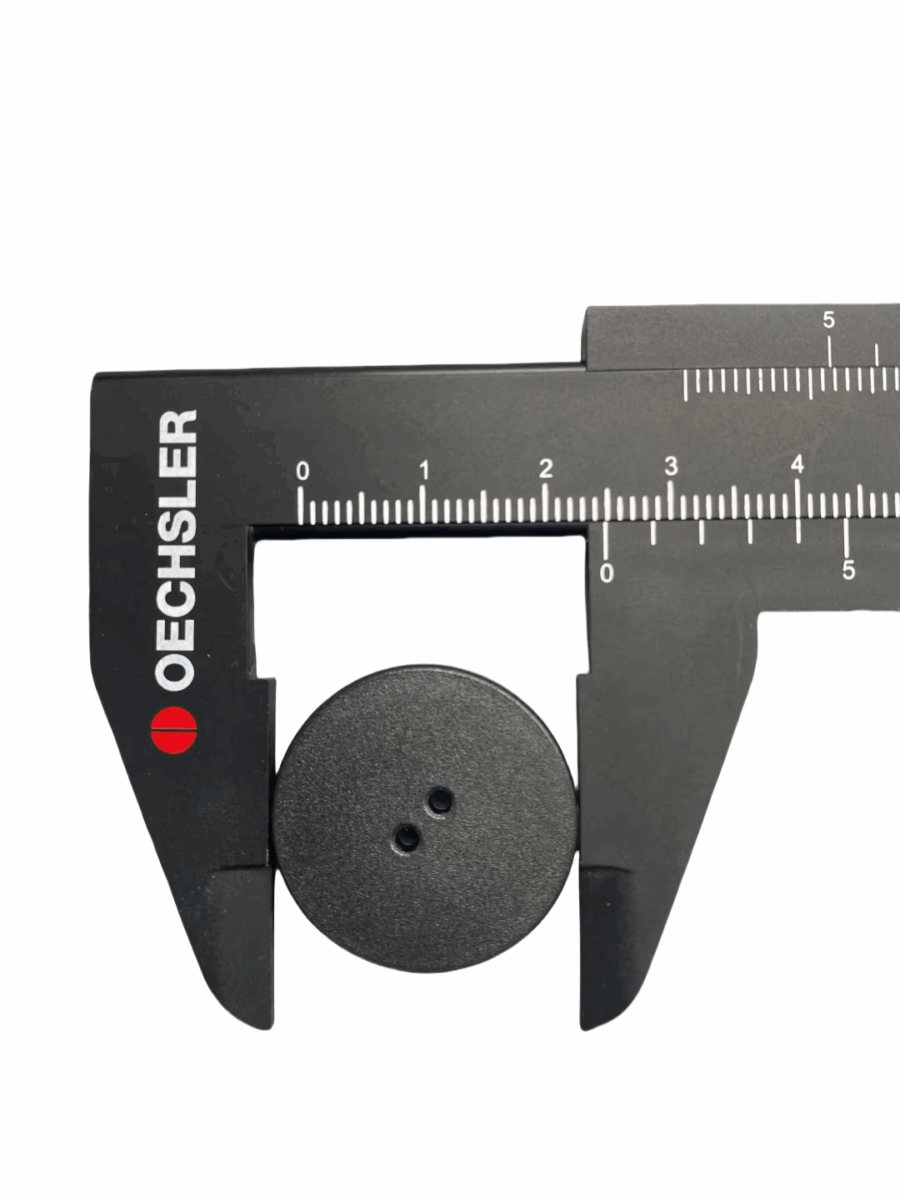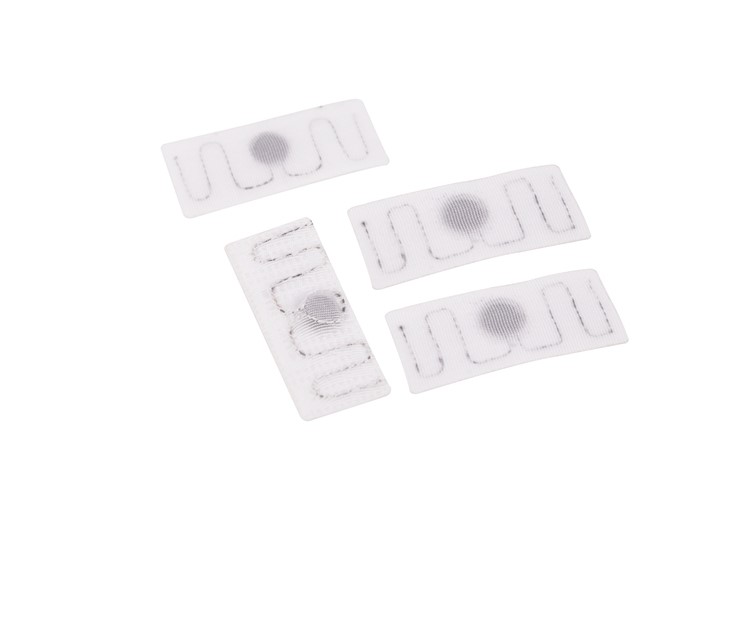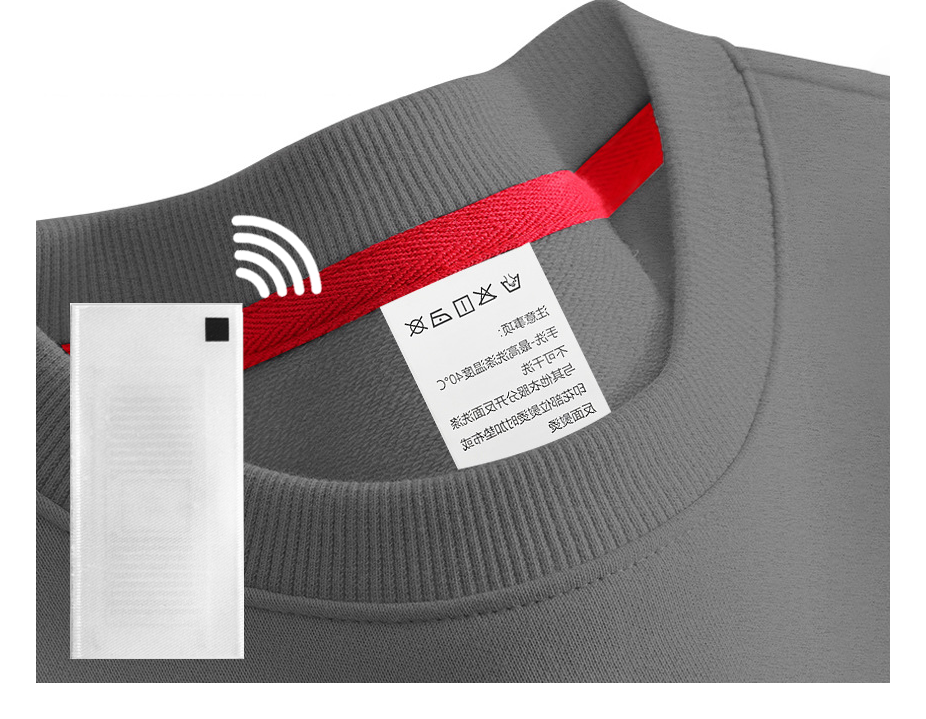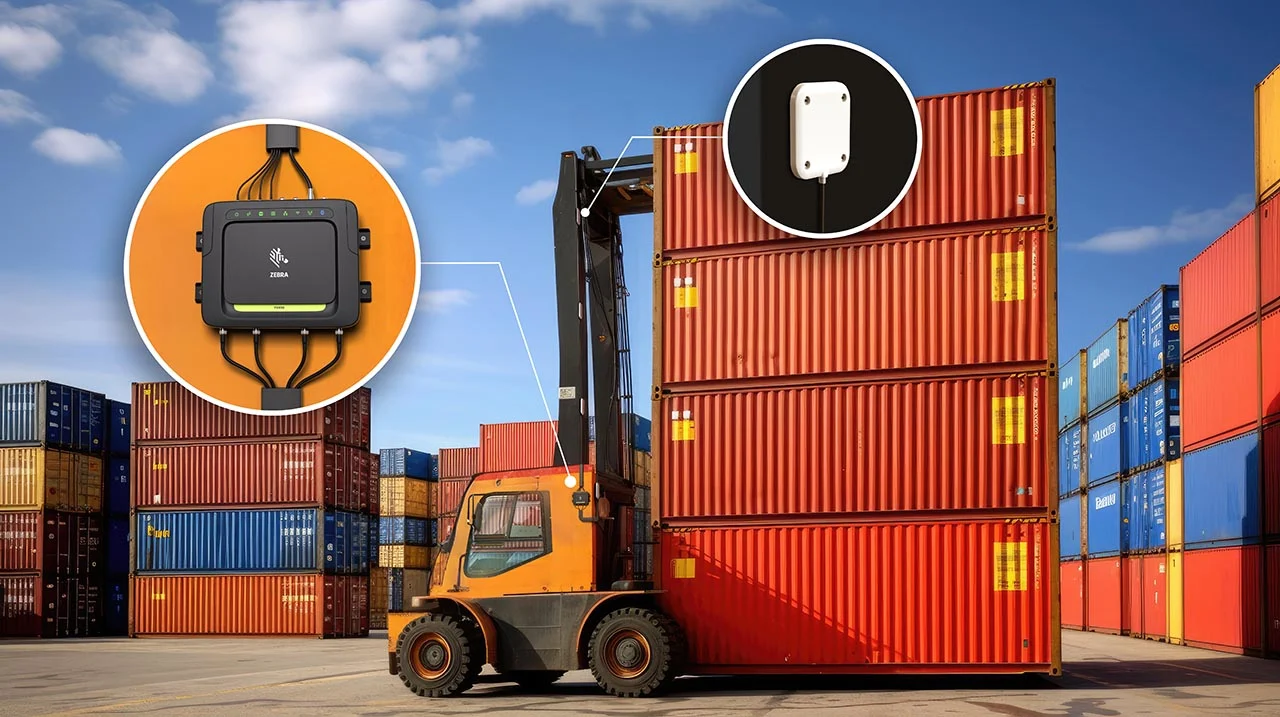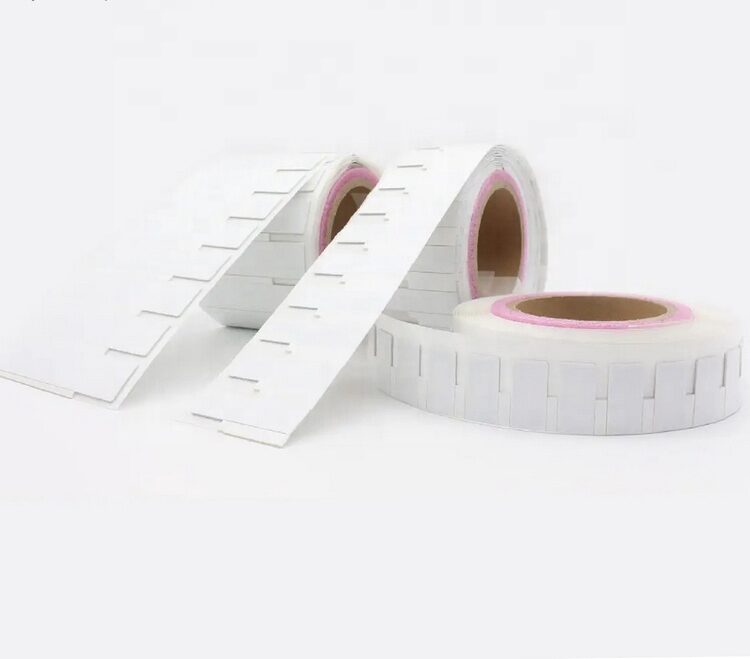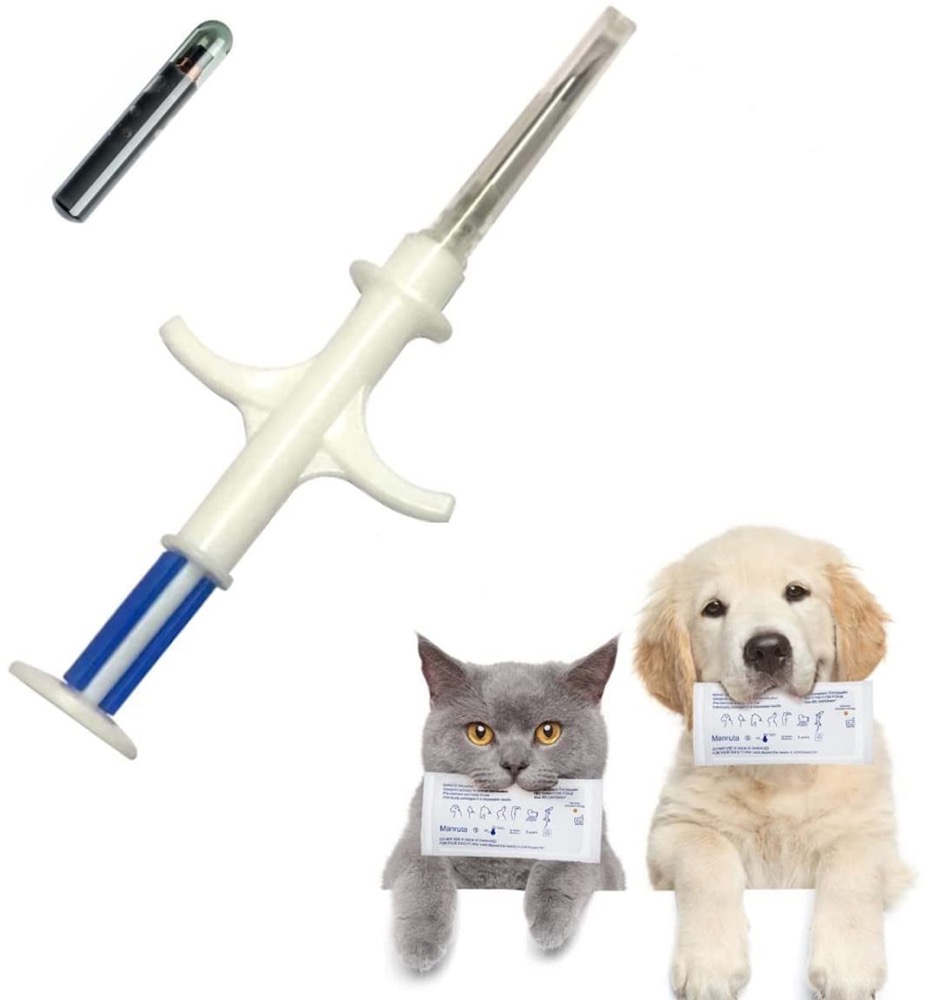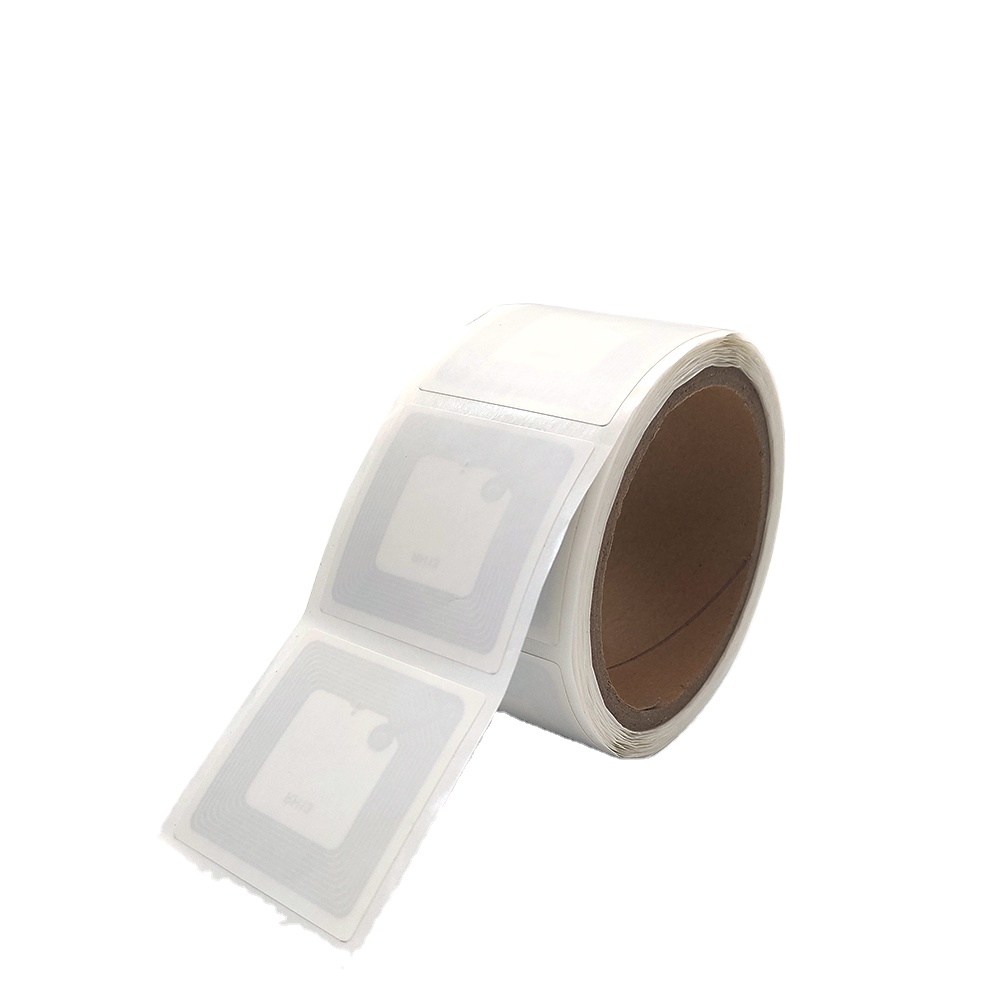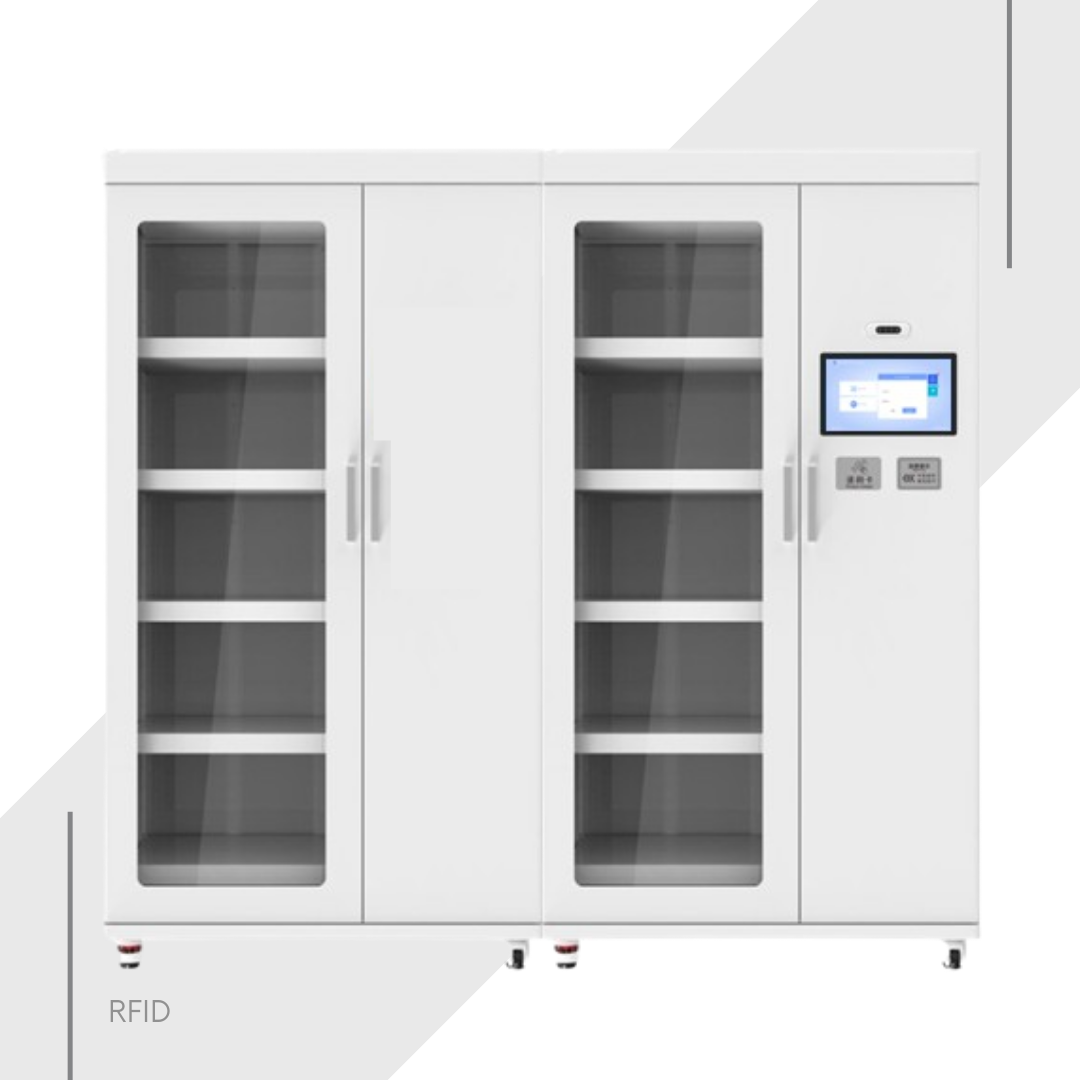RFID makes the clothing supply chain smarter!
The clothing industry changes quickly, and today’s popular styles may not sell tomorrow. If management is not timely, clothes may pile up in the warehouse and cannot be sold, wasting costs. In order to solve these problems, more and more clothing brands have begun to use a small tag called “RFID” to make the entire supply chain fast and accurate.
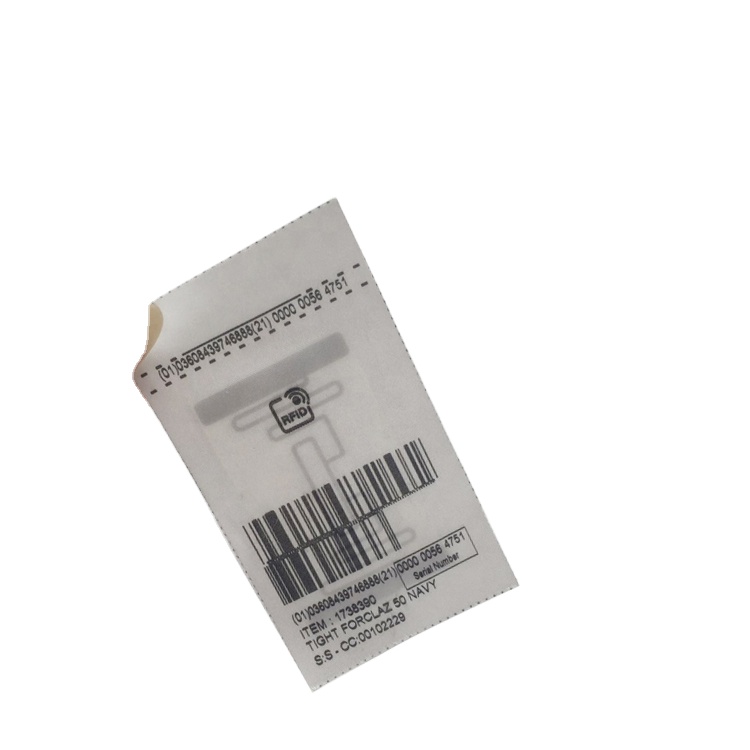
What can RFID do in clothing stores?
1. Anti-counterfeiting: Every piece of clothing has an “ID card”
Each RFID tag has a unique code that others cannot imitate. In this way, fakes can be prevented from mixing into genuine clothing.
2. Smart shelves: Know where every piece of clothing is
The “smart shelves” with RFID technology can know in real time what products are on the shelves and whether they are placed correctly, and can also remind employees which products are running out.
3. Quick inventory: Get inventory in a few minutes
In the past, it took several hours to count inventory. With RFID, you only need to scan with a handheld device to know how many colors, sizes, and styles are left.
4. Accurately find goods: find the clothes you want
Employees only need to enter the number of the clothes they are looking for, and the handheld device can guide them to the right place, saving time looking for goods.
5. Self-service checkout: You can pay without queuing
When customers take clothes to the self-service checkout counter, the tags are automatically recognized and payment can be completed in seconds, which is very convenient.
6. Anti-theft: Is there stealing? The system will alarm!
If someone wants to take the clothes without paying, the RFID security system at the door can immediately identify and trigger the alarm.
7. Smart fitting room: What to wear, what to try, everything is clear
The system will record the clothes that customers bring into the fitting room. The clerk can understand the customer’s preferences through data and adjust the product display to be closer to the customer’s needs.
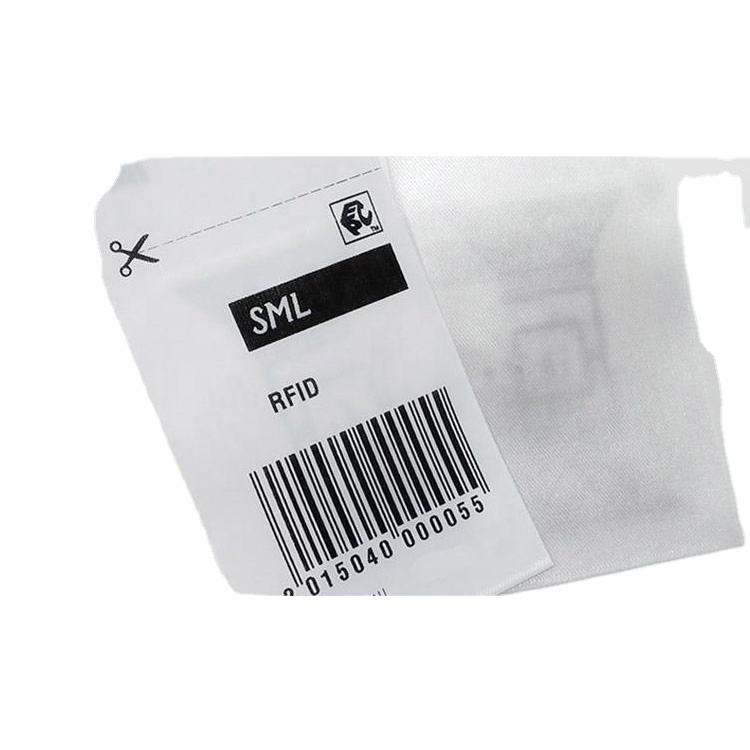
Which brands are already using it?
Uniqlo: Using RFID fitting mirrors, self-service checkouts and smart warehouses in stores has greatly reduced manual work.
Decathlon: RFID was used as early as 2013, covering warehousing, stores and online and offline systems, improving efficiency.
Cotton Era: Through RFID, single-piece clothing tracking is achieved, logistics efficiency is improved, and digital transformation is promoted.

